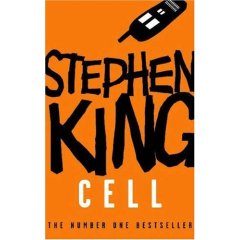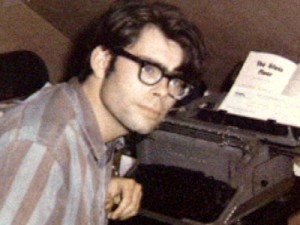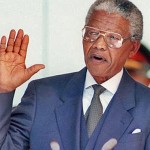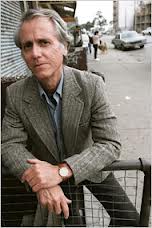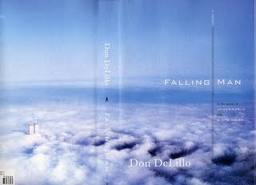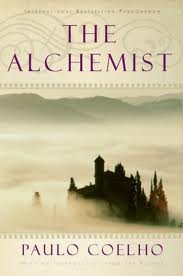My review of Stephen King’s novel Cell got a little long and breathless — much like an SK novel — so I cut it in two. The first part was my experience reading Der Horrormeister and sometimes preferring him as a teacher. Here, I punch the buttons of the fictional Cell, which I found an agreeable and often compelling read.
Here’s the deal on Cell: for reasons that are never fully understood (by characters or by us), everybody speaking on a cellular phone at a fatal moment are slammed by some kind of electronic probe, later called the Pulse, which instantly erases from them most of what we typically think of as individual humanity. They lunge for available throats and entirely forget how to drive or otherwise conduct everyday jobs, let alone the conventions of civilization. Chaos ensues, of course, and life suddenly becomes a savage, primitive contest of survival between “normies” and “phoners”.
We watch as this happens via Clayton Riddell, a young Dad separated from his wife and young son. He’s a struggling artist, and (as did King) he has daylighted as a school teacher, but on the day the world goes violently sideways, he has just sold his graphic novel, Dark Wanderer, and its sequel for a dizzying amount of money. He’s bought a gift for Sharon, estrangement be damned. He’s thinking of what comic book might thrill his little Johnny. Things are looking up. Seems like a good time to buy some ice cream.
Uh-oh. None of this helps at all six pages in, when the power-suited, ear-pieced woman ahead of him in line for soft-serve, yacking loudly, suddenly stops, drops her phone, gazes blankly, and then tries to drag Mister Softee out of his truck.

